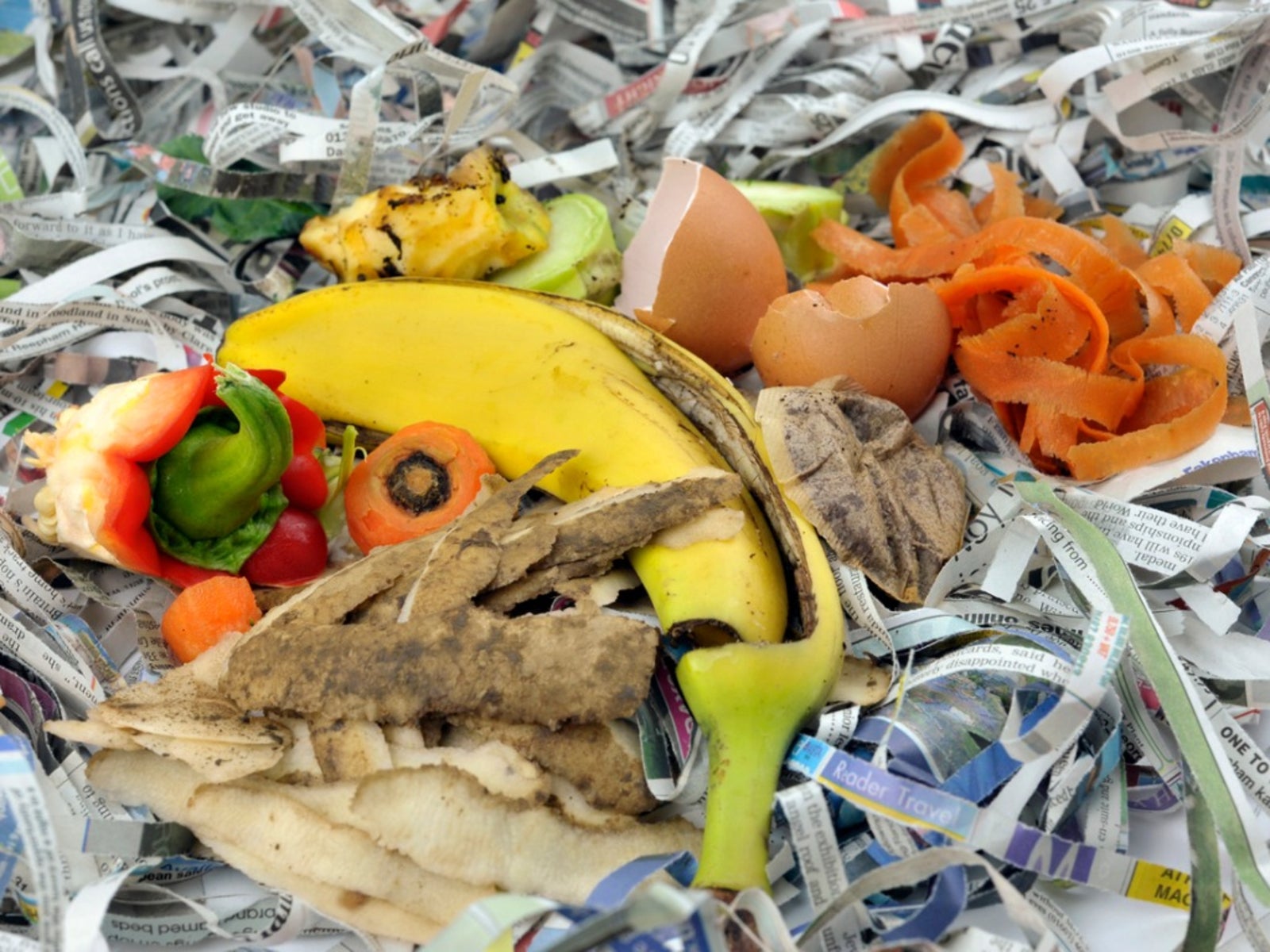Composting With Newspaper - Putting Newspaper In A Compost Pile


Sign up for the Gardening Know How newsletter today and receive a free copy of our e-book "How to Grow Delicious Tomatoes".
You are now subscribed
Your newsletter sign-up was successful
If you receive a daily or weekly newspaper or even just pick one up on occasion, you may be wondering, “Can you compost newspaper?”. It seems such a shame to throw away so much. Let's take a look at whether newspaper in your compost pile is acceptable and if there are any concerns when composting newspapers.
Can You Compost Newspaper?
The short answer is, “Yes, newspapers in the compost pile are just fine". Newspaper in compost is considered to be a brown composting material and will help to add carbon to the compost pile. But when you are composting with newspaper, there are a few things you need to keep in mind.
Tips for Composting Newspapers
First, when you compost newspaper, you cannot simply throw it in as bundles. The newspapers need to be shredded first. Good composting needs oxygen to happen. A bundle of newspapers will not be able to get oxygen inside of it and, instead of turning into rich, brown compost, it will simply turn into a moldy, icky mess. It is also important when using newspaper in a compost pile that you have an even mix of browns and greens. Since newspapers are brown composting material, they need to be offset by green composting material. Make sure that you add equal amounts of green compost material with the shredded newspaper to your compost pile. Many people are also concerned about the effects of the inks used for newspapers on their compost pile. The ink used on today's newspaper is 100 percent non-toxic. This includes both black and white and color inks. The ink on newspaper in a compost pile will not hurt you. If you keep all of these things in mind when composting newspapers, you will have no problem. You can place those newspapers in your compost to help keep your garden green and the landfill a little less full.
Sign up for the Gardening Know How newsletter today and receive a free copy of our e-book "How to Grow Delicious Tomatoes".

Heather Rhoades founded Gardening Know How in 2007. She holds degrees from Cleveland State University and Northern Kentucky University. She is an avid gardener with a passion for community, and is a recipient of the Master Gardeners of Ohio Lifetime Achievement Award.